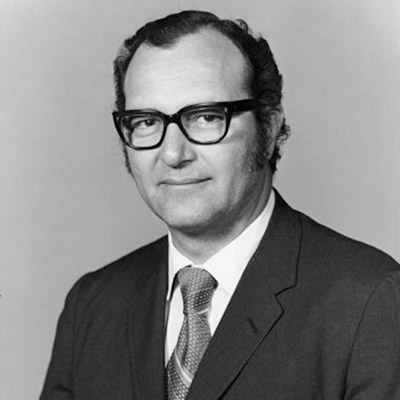 Emil Freireich, a legendary oncologist who helped pioneer combination chemotherapy at a time when few good options were available to treat childhood leukemia, has passed away at 93. Freireich was hired at the fledgling National Cancer Institute in 1955 and on his first day, he was assigned to care for children in the leukemia ward. “Leukemia at that time was a horrible illness – a death sentence,” Freireich later recalled. “Most children lived only eight weeks after being diagnosed.”
Emil Freireich, a legendary oncologist who helped pioneer combination chemotherapy at a time when few good options were available to treat childhood leukemia, has passed away at 93. Freireich was hired at the fledgling National Cancer Institute in 1955 and on his first day, he was assigned to care for children in the leukemia ward. “Leukemia at that time was a horrible illness – a death sentence,” Freireich later recalled. “Most children lived only eight weeks after being diagnosed.”
Freireich and colleagues soon began investigating treatment of the disease with a combination of several chemotherapeutic agents. While their approach was considered risky at the time by the medical establishment, it proved to be a success. Today, the five-year survival rate for children with acute lymphocytic leukemia, the most common childhood leukemia, is about 90% overall, according to the American Cancer Society. In 1972, Freireich was one of sixteen researchers honored with a Lasker Award for development of combination chemotherapy for lymphoma and acute leukemia.
